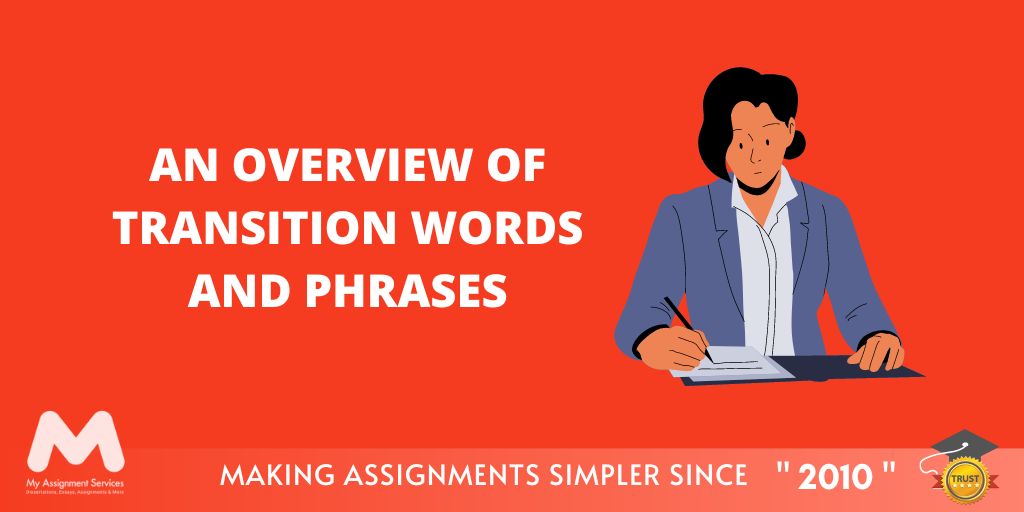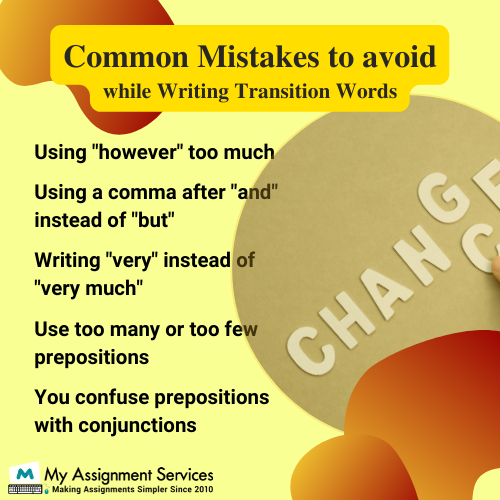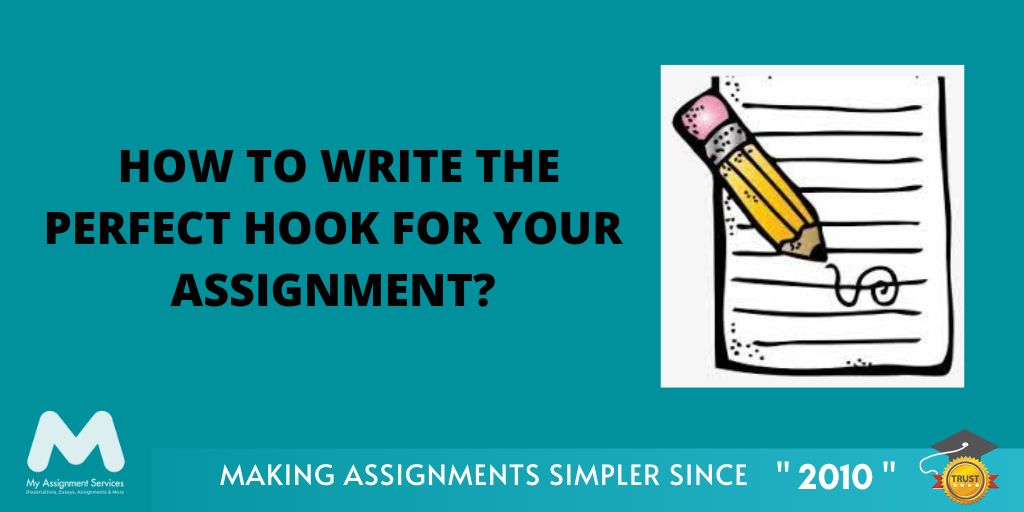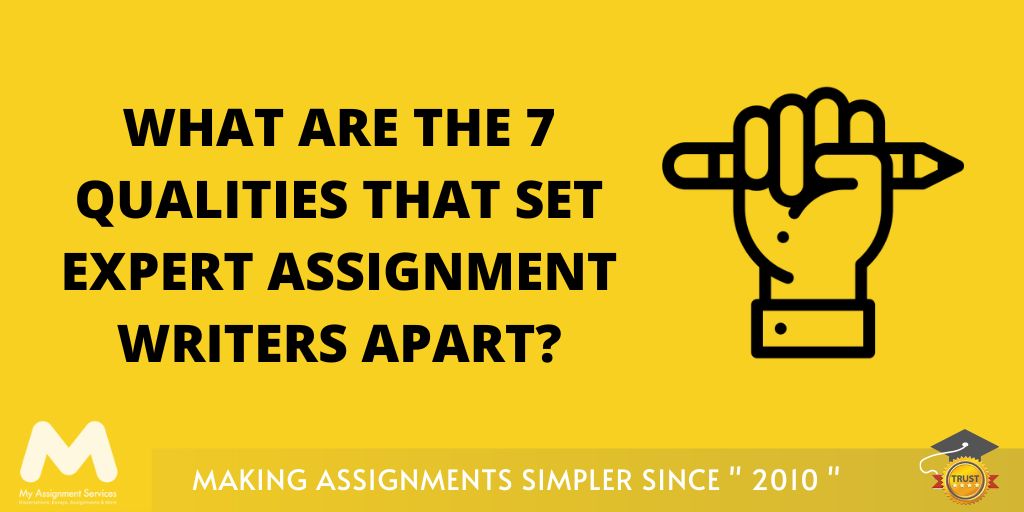An Overview of Transition Words and Phrases

Depending on the tone you want to achieve, you'll need to use different words. These are called transition words or phrases, and they can be useful in making your writing more professional. You can use transition words and phrases to help you create a smooth flow of ideas, as well as to avoid repetition or awkward sentence structures. Transition words are also useful for connecting ideas that are related but not closely connected. They're like signposts that show the reader how your thoughts connect and lead from one place to another.
In English, you can use certain words and phrases to transition between ideas or concepts. These words and phrases are called "transition words," and every writer has their own favorites. There are hundreds of transition words and phrases you can use to connect your ideas, but the most common ones include: moreover, however, in addition, furthermore, and finally.

What are Transition Words and Phrases?
Transition words and phrases are used to bridge the gap between one thought and another. They are used to help you move from one point in a sentence to another. They help you make the transition from one idea to another smoothly. They are also called connectors, or transition words and phrases. How to use transition words and phrases transitions can be used to link one idea to another or connect two sentences. They are also used for emphasis or clarification. You can use transition words and phrases at the beginning of a sentence, in the middle, or even at the end.
A transition word or phrase is usually a noun that helps bring the reader from one thought or idea to another. For example, if you were talking about books, you could use "books" as a transition word or phrase. You would then use the word "are" to continue with your thoughts on books.
Transition words and phrases are commonly used to change the tone of a sentence. They can be used to ease into a topic or to shift the reader’s focus from one point to the next.
Change
- From: a transition word that indicates a change in direction or subject matter.
- To: a transition word that indicates a change in direction or subject matter.
Comparison
- Then: a transition word that indicates a comparison between two subjects, as in “I’m more patient than you.”
- As: a transitional word indicating equal comparison, such as “I’m just as tall as you are.”
- Like: a transitional word indicating similarity between two subjects, such as “my dog likes your cat too much.”
Cause and effect
- Because: a transition word indicating cause and effect, as in “because you are so kind.”
- So: a transitional word indicating that something is the result of another action or event, such as “you were late because you overslept again.”
- So that: is a transitional word indicating that something is done to achieve a certain result, as in “I wanted to finish my homework so that I could watch tv.”
Time
- Now: a transition word indicating the time now, such as “now I am hungry.”
- Yesterday: a transitional word indicating time before today, such as “yesterday was very hot outside.
- Tomorrow: a transitional word indicating the time after today, such as “tomorrow will be a cool day.”
- Later: a transitional word indicating time in the future, usually within the next few hours or days, such as “later I will go to bed.”
- Soon: a transitional word indicating time shortly, such as “soon I will go to bed.”
- Today: a transitional word indicating time on this day, such as “today is a rainy day.
Types of Transition Words and Phrases
Transition words and phrases can be tricky to grasp, especially when you're trying to write a persuasive essay or research paper. But there are four main types of transition words and phrases: ‘Additive’, ‘Adversative’, ‘Causal’, and ‘Sequential.’
- Additive words add information to a sentence to make it more complex without changing its meaning. They typically come at the beginning of a sentence and are used to emphasize the idea that follows. This type of transition is used to introduce new information or to set up the following sentence. They include: furthermore, moreover, additionally, also.
For example, the addition of "and" in the following sentence means that you can use this word to connect sentences: "They bought some groceries and they went home."
- Adversative words are used to introduce conflict or disagreement in a sentence. They are often used to introduce counter-arguments or new points of view. This type of transition is used to contrast two ideas to make the reader notice the difference between them. They include: but, although, despite, even though, as well as.
For example: "And then she said it was true." This introduces a contradiction within the sentence.
- Causal words show how one event leads to another. They include: because, as, since, and because. This type of transition is used to explain how something happened or why it happened in such-and-such
For example: "The cat sat on the mat and ate its food." They are often used to link events together in a logical sequence, although they can also be used to indicate that something has happened before another event occurred.
- Sequential words show conjoined events that occur as one unit or series of events over time. They include: afterward, also, then, next. This type of transition is used to link events that occur one after another in time.
For example: "The cat sat on the mat, ate its food, and then cleaned itself."

Common Mistakes to Avoid
Transition words and phrases are the glue that holds together any piece of writing. They help the reader feel like they're in the same place as the writer or even see the writer's point of view. It's important to use transition words correctly, though, because if you don't, your writing can come across as disjointed or unclear.
Let's take a look at some common mistakes with transition words:
- Using "however" too much
- Using a comma after "and" instead of "but"
- Writing "very" instead of "very much," which is redundant
- Use too many or too few prepositions
- You confuse prepositions with conjunctions
- Avoid using "to" after a transition word
Get Expert’s Help to Understand Transition Words & More
In conclusion, these transition words and phrases are important tools that can help you to make a smooth transition in your writing. Using transition words and phrases is not always easy because writing them naturally into your content is the best way to do it. However, being aware of transition words helps you to use them in your work. Of course, there are also many other types of transition words and phrases, but we have discussed here some of the most important ones.
Many times, scholars find it difficult to carry out their assignments with the utmost accuracy and perfection. Since they are in the process of learning, they are bound to make mistakes. However, several smart students seek university assignment help from academic writing experts such as My Assignment Services to get their assignment done with the required perfection and academic expertise. The subject experts at My Assignment Services not only carry out students' assignments diligently but also guide them about how to avoid the mistakes while writing the assignments. Now gain a deeper understanding of the transition words and similar concepts to make your writing easier to understand. Avail our expert’s help today by filling out the form!








Loved reading this Blog? Share your valuable thoughts in the comment section.
Add comment